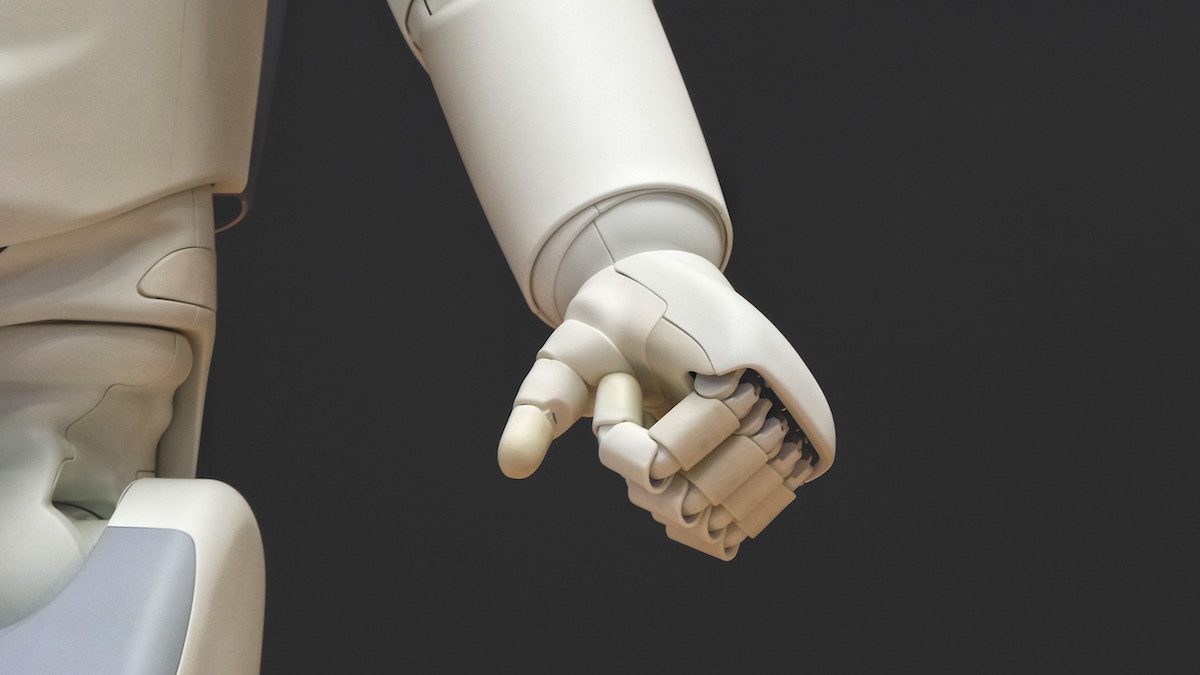
RESEARCH ISSUE IN FOCUS
Algorithmic decisions and human rights
Who is responsible if an autonomous vehicle is involved in an accident? What are the consequences of automated profiling of the unemployed? How intelligent is our use of artificial intelligence, and what visions and strategies do we need for the future? Innovations in the field of artificial intelligence are impacting nearly every area of our everyday life. However, algorithmic decision-making leads to complex human rights implications. In this dossier researchers of the Humboldt Institute for Internet and Society and the NoC European Hub discuss the role of law and ethics in the context of algorithmic decision-making.
Amelié Heldt at the Center for Cyber Law & Policy
AI and challenges to democratic deliberation
Wolfgang Schulz: protecting human rights online
New guidelines on internet intermediaries
Jeanette Hofmann at the German Federal Council
AI – benefit or danger for free opinion formation and democracy?
“I miss imaginaries that spell out ideas of AI as a public good”
Christian Katzenbach recently worked with his colleague Jascha Bareis on a project that compared the strategies of various countries such as France, the US and China to partake in a…
Killer cars? Autonomous vehicles and criminal liability
Who is criminally responsible when an autonomous car is involved in a car accident such as the accident in Arizona? The immediate suspects include: the user, the software company, the…
How (un-)intelligent is our collaboration with AI?
Discussing whether a machine is intelligent is relevant, but more urgent is the question whether our collaborations with machines are intelligent. An intelligent collaboration with Artificial Intelligence (AI) requires complementary…
AI-infused decisions: “and a spoonful of dignity”
AI has the potential to make decisions and optimise processes – for example in medical treatments. But the new kind of AI-infused decision making works in obscure ways and we…
The key challenges of social robots
What are the key ethical, legal and social (ELS) issues of social robots? How can these challenges be addressed? To answer these questions, Christoph Lutz conducted with two research colleagues…
Harnessing Artificial Intelligence the European Way
Will 10 April 2018 be remembered by many as the day of Mark Zuckerberg’s testimony before the US Senate? The hearing was covered by the media in all aspects down…
Understanding Artificial Intelligence
Artificial intelligence is a controversial and much-discussed topic of our digital future. Aljoscha Burchardt sees a huge gap between the machines of today, which are able to act intelligently, and the…
Algorithmic decision making and human rights
Embedded in smart technologies, algorithms are taking decisions on a daily basis. What challenges arise from algorithmic decision making for human rights and for the regulation of artificial intelligence? In…
Can a black box be trusted?
Does our life really improve with algorithmic decision-making? Big Data-based models often reflect our very own biases of society. Further, in some cases it can be hard to look into…
Profiling the unemployed
Since 2014, job centres in Poland have been using an algorithmic decision-making system to categorize unemployed people and allocated different types of assistance. In the context of the global financial…
Mind-tracking and the new transparent self
Have you ever wanted to monitor your steps, heart rate, sleep, or body temperature? Nowadays, we can choose from an incredible variety of wearable devices. If you aim to move…








